Decolonizing Therapy: A Personal Journey Towards Ethical Practice and Humanistic Capitalism
In the realm of therapy, we are often tasked with navigating the complex intersections of power, privilege, and economic systems. As therapists, we strive to create safe spaces for healing, growth, and self-discovery. However, we must also confront the broader systems that shape our field, including the legacies of colonization and the realities of capitalism.
Colonization has left us with psychological damage. A colonial mentality is the internalized attitude of ethnic or cultural inferiority felt by people as a result of colonization. It corresponds with the belief that the cultural values of the colonizer are inherently superior to one’s own. This mentality often infiltrates our training programs, subtly guiding would-be practitioners of therapy towards a Western, individual-oriented model that prioritizes productivity and effectiveness over genuine human connection.
As the owner of a group practice, I grapple with these realities daily. The very term “owner” feels at odds with my existential-humanistic values. I find myself wrestling with the task of being humanistic in a capitalist system that is structurally colonizing, both in its values and its mundane practices. From reducing humans to resumes during the hiring process, to intake paperwork that reduces people to diagnoses or problems, to exploiting interns’ labor for organizational profit for exchange of “education”, to the harsh reality that care costs money and those without it often go without care – these are the colonizing acts that I strive to challenge and change.
In the face of these challenges, I find myself drawn to the concept of humanistic capitalism, a model that prioritizes people over profit. In the therapy field, humanistic capitalism means ensuring fair compensation for all practitioners, including trainees and associates. It means challenging the exploitation that often goes unquestioned and unchallenged in our field. It means recognizing that our work has value, and that this value should be reflected in our economic exchanges.
So, how do we decolonize the therapy field in its training and education? How do we build a system that is both ethically and economically just? These are not easy questions, and there are no simple answers. But perhaps the first step is to start asking these questions, to start challenging the status quo, and to start imagining what a truly decolonized, humanistic therapy field might look like.
In this journey towards decolonization and humanistic capitalism, I find solace in the words of Jean-Paul Sartre: “When we say that a man is responsible for himself, we do not only mean that he is responsible for his own individuality, but that he is responsible for all men.” As therapists, as humans, we are all interconnected. Our actions, our choices, our struggles – they ripple outwards, touching the lives of those around us. Let us strive to make those ripples ones of justice, equity, and healing.
Justin Rock, Partner at Live True and Chair of Clinical Services, holds a BA in Philosophy and an MA in Marriage, Couples, and Family Therapy from Lewis & Clark College. He is deeply invested in existential-humanistic therapy, exploring the intricacies of human consciousness and how we can use our understanding of the human psyche to access a greater sense of choice in our lives. Justin is also an Adjunct Professor at Lewis & Clark, where he shares his passion for therapy with the next generation of practitioners.
When he’s not with clients or students, you might find him embracing the unpredictability of a golf game, deeply engaged in a strategic board game, or delving into philosophical studies. Justin is inspired by Leonard Cohen’s words, “There is a crack in everything, that’s how the light gets in,” and he brings this blend of empathy, fun, and earnest commitment to his work, helping others navigate their unique paths towards self-discovery and growth with integrity and humanity.

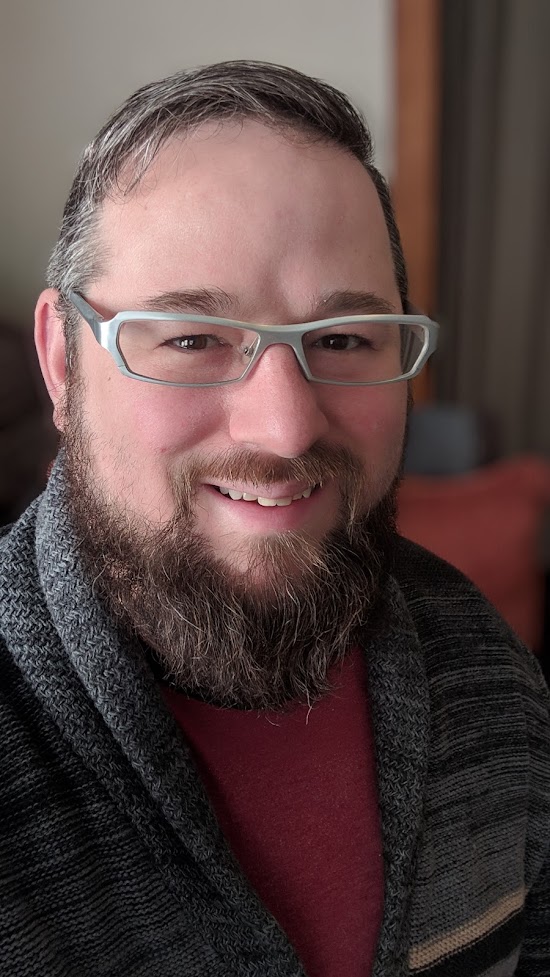

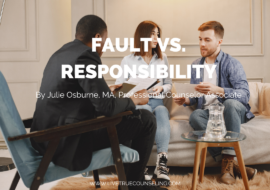
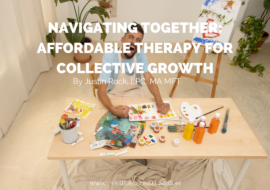

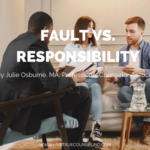
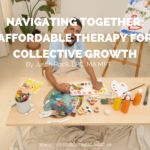


Write a Comment